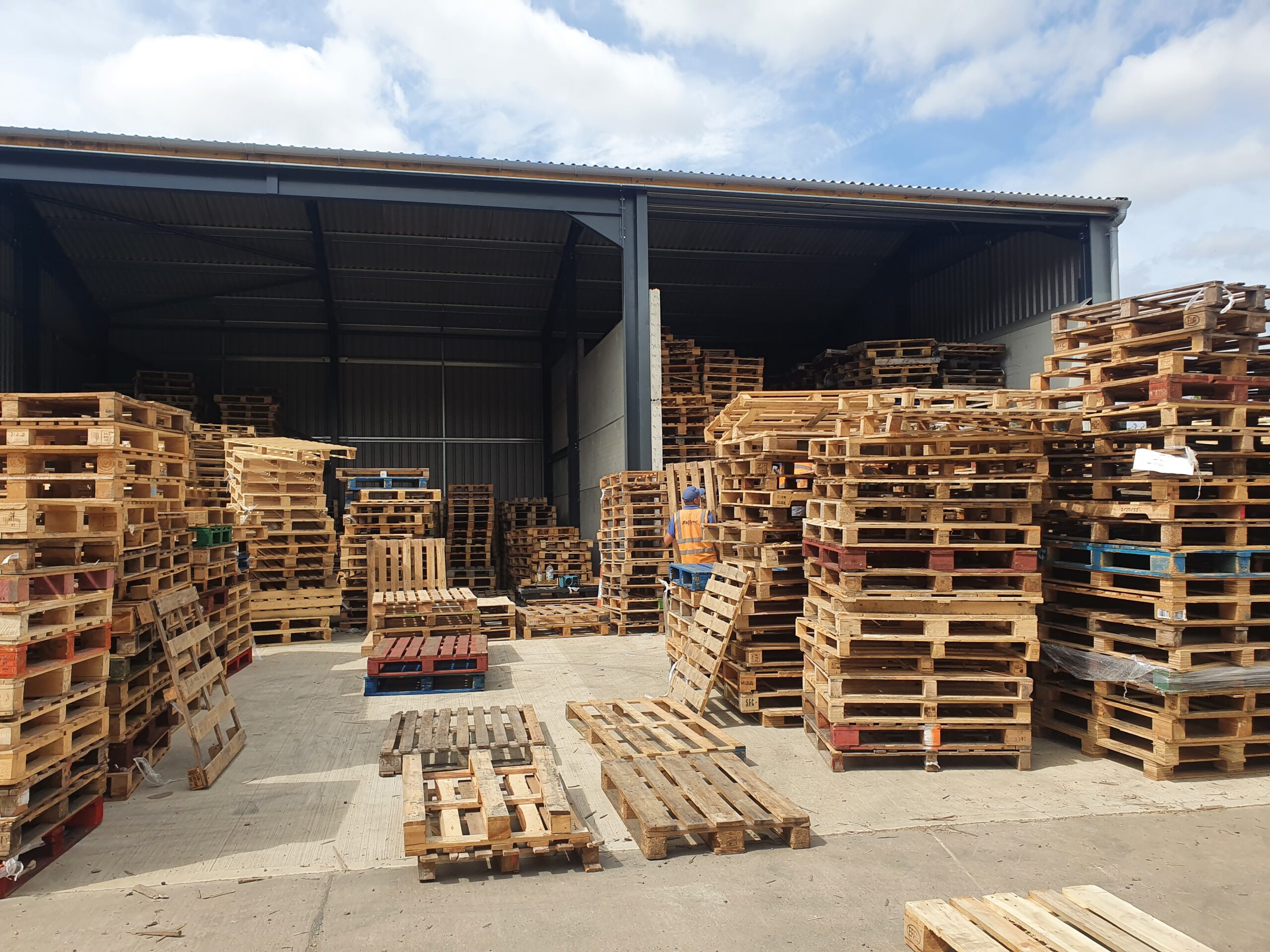The pallet industry plays a crucial role in global trade, logistics, and manufacturing, especially across Europe. As demand for sustainable and durable shipping materials continues to rise, pallet production has become a vital sector for both environmental and economic reasons. A Pallet is not just a platform for goods; it represents efficiency, sustainability, and reliability in the supply chain. European manufacturers have positioned themselves as leaders in pallet innovation, design, and export, supplying high-quality products to various industries worldwide.
The Importance of Pallet Production in Europe
Europe is one of the largest producers and exporters of pallets, providing millions of units every year to support global transportation needs. Each pallet is crafted to meet strict standards that ensure safety, durability, and consistency. European pallet producers focus on both wooden and composite materials, depending on customer requirements. The most commonly used type is the wooden pallet, prized for its strength, recyclability, and ease of repair.
The European pallet industry not only supports logistics but also drives sustainability initiatives. Many pallet suppliers use wood sourced from responsibly managed forests, ensuring that production processes meet environmental regulations. This focus on eco-friendly materials helps reduce the carbon footprint of each pallet, making it a key component in sustainable supply chain management.
Types of Pallets Used in the Market
Several types of pallets are used throughout Europe, each designed for specific applications. The most popular is the EUR or EPAL pallet, recognized as the standard for international transport. These pallets meet strict quality controls and are stamped with official markings to ensure authenticity and traceability.
Besides the standard pallet, manufacturers also produce custom sizes and materials to meet specialized needs. Plastic and metal pallets are common in industries that require easy cleaning and resistance to moisture. However, wooden pallets remain dominant due to their balance of strength, cost-effectiveness, and recyclability.
Pallet Manufacturing Process
Producing a high-quality pallet involves precise craftsmanship and adherence to safety standards. The process starts with selecting the right timber, which is then cut, shaped, and assembled using advanced machinery. Each pallet undergoes treatment to prevent pests and decay, making it suitable for export and long-term storage.
Modern pallet manufacturers also focus on automation and technology to increase efficiency. Computerized cutting systems and quality inspections ensure that every pallet produced meets the required specifications. Once completed, pallets are stacked, labeled, and prepared for shipment to clients across Europe and beyond.
The Role of Pallet Export in the Global Economy
The export of pallets from Europe contributes significantly to global logistics. A high-quality pallet ensures that goods are transported safely and efficiently, minimizing damage during transit. European pallet exporters supply a wide range of industries, including manufacturing, food distribution, pharmaceuticals, and retail.
Countries such as Germany, Poland, Italy, and the Netherlands are among the leading pallet producers in Europe. Their exports reach markets in Asia, North America, and the Middle East. By maintaining high production standards, European exporters have established a strong reputation for delivering reliable pallet solutions that support international trade.
Sustainability in Pallet Production
Sustainability has become a major focus for pallet producers across Europe. Many companies now use certified wood from renewable forests and implement recycling programs to extend the life of each pallet. Used pallets are often repaired, refurbished, or converted into biomass fuel, reducing waste and promoting circular economy practices.
Furthermore, the industry has adopted innovations such as lightweight designs and moisture-resistant coatings that extend the usability of each pallet. These eco-friendly initiatives not only help businesses meet environmental standards but also reduce long-term operating costs. By choosing a sustainable pallet, companies demonstrate their commitment to responsible resource management.
Benefits of Using European Pallets
Choosing a European-made pallet comes with numerous advantages. First, the quality control standards are among the highest in the world, ensuring consistent performance in demanding conditions. Second, European pallets are compliant with international shipping regulations, making them ideal for global logistics.
Additionally, the durability of a European pallet means it can be reused multiple times before recycling. This reduces replacement costs and supports sustainable business operations. With their combination of strength, affordability, and eco-conscious design, European pallets continue to set the benchmark for the global market.
The Future of Pallet Production and Export
The future of pallet production in Europe looks promising, driven by technological advancements and increased demand for sustainable solutions. Automated systems, smart tracking technology, and data-driven logistics are transforming the pallet industry. These innovations ensure better efficiency, traceability, and reduced waste throughout the supply chain.
As businesses prioritize environmental responsibility, the demand for sustainable pallets will continue to grow. European manufacturers are expected to lead the way by investing in eco-friendly materials and renewable energy sources to enhance their pallet production processes.
Conclusion
The European pallet industry remains a cornerstone of international trade, combining quality, sustainability, and innovation. Each pallet produced supports the movement of goods across continents while promoting eco-friendly practices and resource efficiency. From production to export, European pallet suppliers have built a reputation for reliability and sustainability that sets them apart in the global marketplace. Whether for large-scale logistics operations or smaller businesses seeking cost-effective shipping solutions, the European pallet continues to be an indispensable part of modern supply chain management and a symbol of sustainable progress in global commerce.



